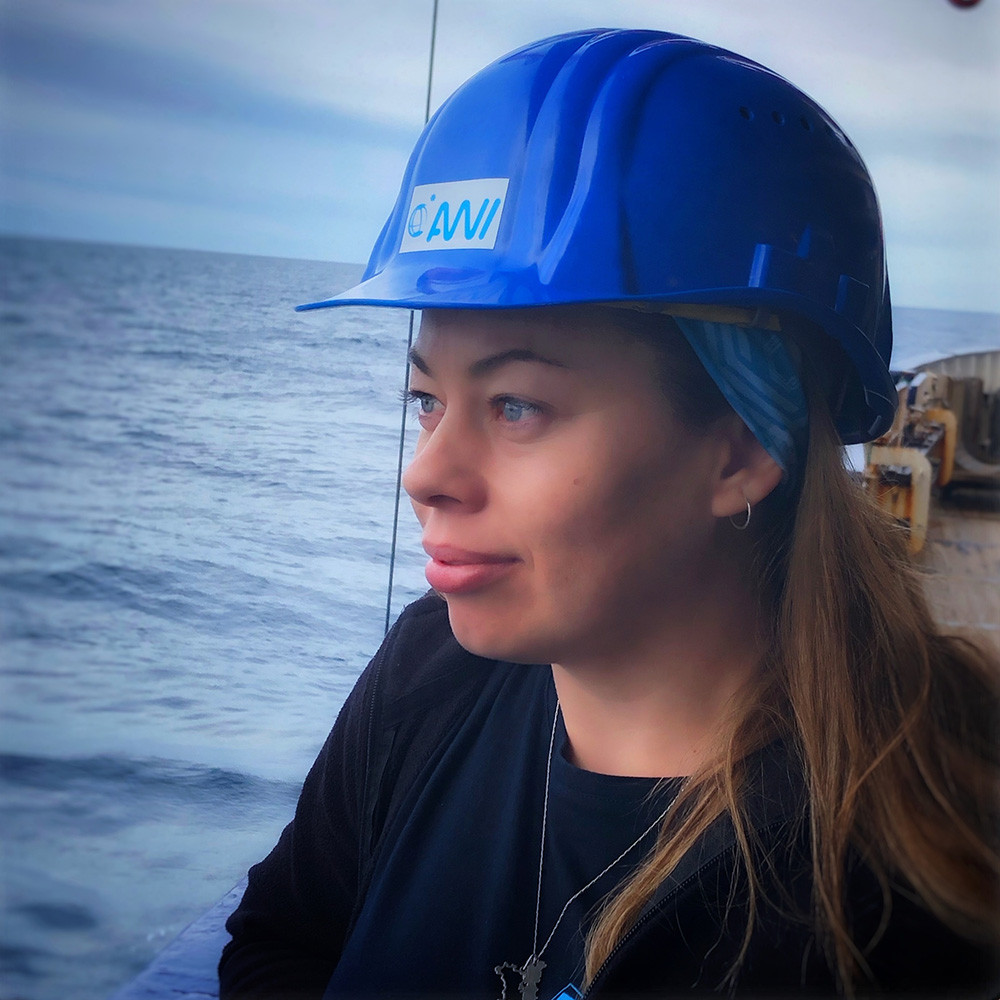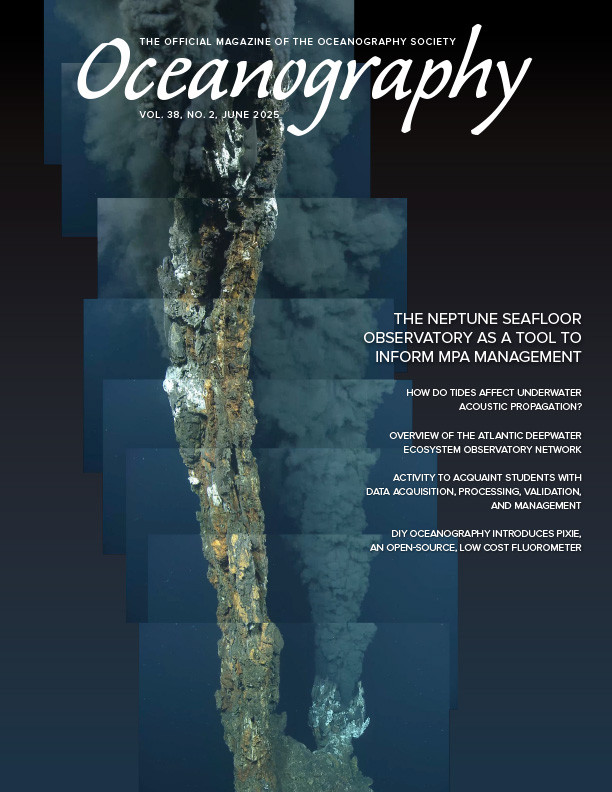Full Text
 |
LILIAN (LICA) KRUG, Scientific Coordinator, Partnership for Observation of the Global Ocean (POGO), Centro de Ciências do Mar do Algarve (CCMAR) – Campus de Gambelas, University of Algarve, Faro, Portugal
Degree: When, where, what, and what in? I hold a bachelor’s degree in oceanography (2004) from the Federal University of Paraná, Brazil; a master’s degree in remote sensing (2008) from the National Institute for Space Research, Brazil; a postgraduate specialization in observational oceanography (2010) from the Nippon Foundation-Partnership for Observation of the Global Ocean (NF-POGO) Centre of Excellence in Observational Oceanography at the Bermuda Institute of Ocean Sciences, Bermuda; and a doctorate in marine and environmental sciences (2018) from the University of Algarve, Portugal.
Since my undergraduate studies, I have worked on various applications of satellite remote sensing and modeled data to ocean and coastal research, including shallow water bathymetry, coral bleaching prediction, sea-air CO2 exchange, and phytoplankton phenology and variability, as well as their environmental drivers.
Did you stay in academia at all, and if so, for how long? I remained in academia throughout my education and professional development until I completed my PhD in 2018. My academic journey began in 2001 with an internship during my second year as an undergraduate. During all this time, I alternated between roles as a student and a research assistant—often balancing both simultaneously—gaining experience in both fundamental research and applied science.
How did you go about searching for a job outside of the university setting? For me, the transition happened quite naturally. During my time at the NF-POGO Centre of Excellence, I had the opportunity to learn from and work alongside Trevor Platt and Shubha Sathyendranath, who were leading the POGO Secretariat at the time. Shortly after completing the program, they invited me—along with a few other former scholars—to explore the idea of creating an alumni network, which later became NANO (the NF-POGO Alumni Network for the Ocean, https://nf-pogo-alumni.org/).
I initially worked on NANO remotely from Brazil, with a small fellowship, helping to establish its foundation—building a database, website, and newsletter, and connecting with alumni. The following year, I moved to Portugal for a research assistant position and began my PhD studies. My involvement with NANO continued part-time because I was so invested in it—it felt like my “baby”! Over time, I became deeply embedded in POGO’s capacity development activities, and it felt like a natural aspiration to one day join the POGO Secretariat team.
When the position of Scientific Coordinator became available around the time I completed my PhD, I was encouraged to apply. My experience with NANO and capacity development, along with my background in ocean science, positioned me well for the role.
Is this the only job (post-academia) that you’ve had? If not, what else did you do? Yes. My other engagements with ocean science capacity development are also very much entangled with POGO and NANO. Between 2015 and 2024, I contributed as an instructor at the Centre of Excellence, and since 2021, I have been a volunteer member of the Trevor Platt Science Foundation (TPSF) Secretariat, an Indian not-for-profit that aims to continue Platt and Sathyendranath’s amazing work in capacity development for early career ocean professionals from low-income countries. My main activity at TPSF is to coordinate its online mentorship program.
What is your current job? What path did you take to get there? I am the scientific coordinator for POGO. In this role, my responsibilities include coordinating our training programs and other capacity development activities, including NANO, liaising with members and partner institutions, and managing interactions with trainees and alumni. I also represent the organization at scientific and high-level events.
My journey to this position began with my involvement in NANO, where I gained experience in network-building, project coordination, and ocean science advocacy. This, combined with my academic background, allowed for a seamless transition into my current role.
What did your oceanographic education (or academic career) give you that is useful in your current job? My academic training provided me with a strong foundation in observational oceanography, along with technical skills in scientific writing, data analysis, and project management. Equally important were the practical and soft skills I developed, such as public speaking, networking, and communicating science to diverse audiences—all of which are crucial in my current role.
Is there any course or other training you would have liked to have had as part of your graduate education to meet the demands of the job market? While my education thoroughly prepared me for the scientific aspects of the job, I would have benefited from formal training in project management, leadership, and public engagement. These skills are essential for coordinating large-scale initiatives, managing teams, and effectively communicating ocean science beyond academia.
Is the job satisfying? What aspects of the job do you like best/least? Absolutely. As an early career ocean professional from a developing country, I know first-hand how transformative training programs and fellowships can be. My favorite part of the job is creating similar opportunities for others, knowing the impact they can have. I review every application we receive very carefully, fully aware—through my own experience—of how these opportunities can shape careers. I also love meeting our trainees and staying in touch with them later through NANO.
The aspect I enjoy the least is the volume of administrative work and reporting. While essential, these tasks can sometimes be time-consuming and take time away from more engaging aspects of my role.
Do you have any recommendations for new grads looking for jobs? Make the most of every learning opportunity—whether through internships, volunteering in a university lab, or engaging in outreach and extension activities. Start building your professional network early by connecting with mentors, attending events, and exploring opportunities beyond traditional academia. These experiences will help strengthen your CV and make it more compelling. Oceanography is a vast field that offers many exciting and unexpected career paths—stay open to new possibilities!

